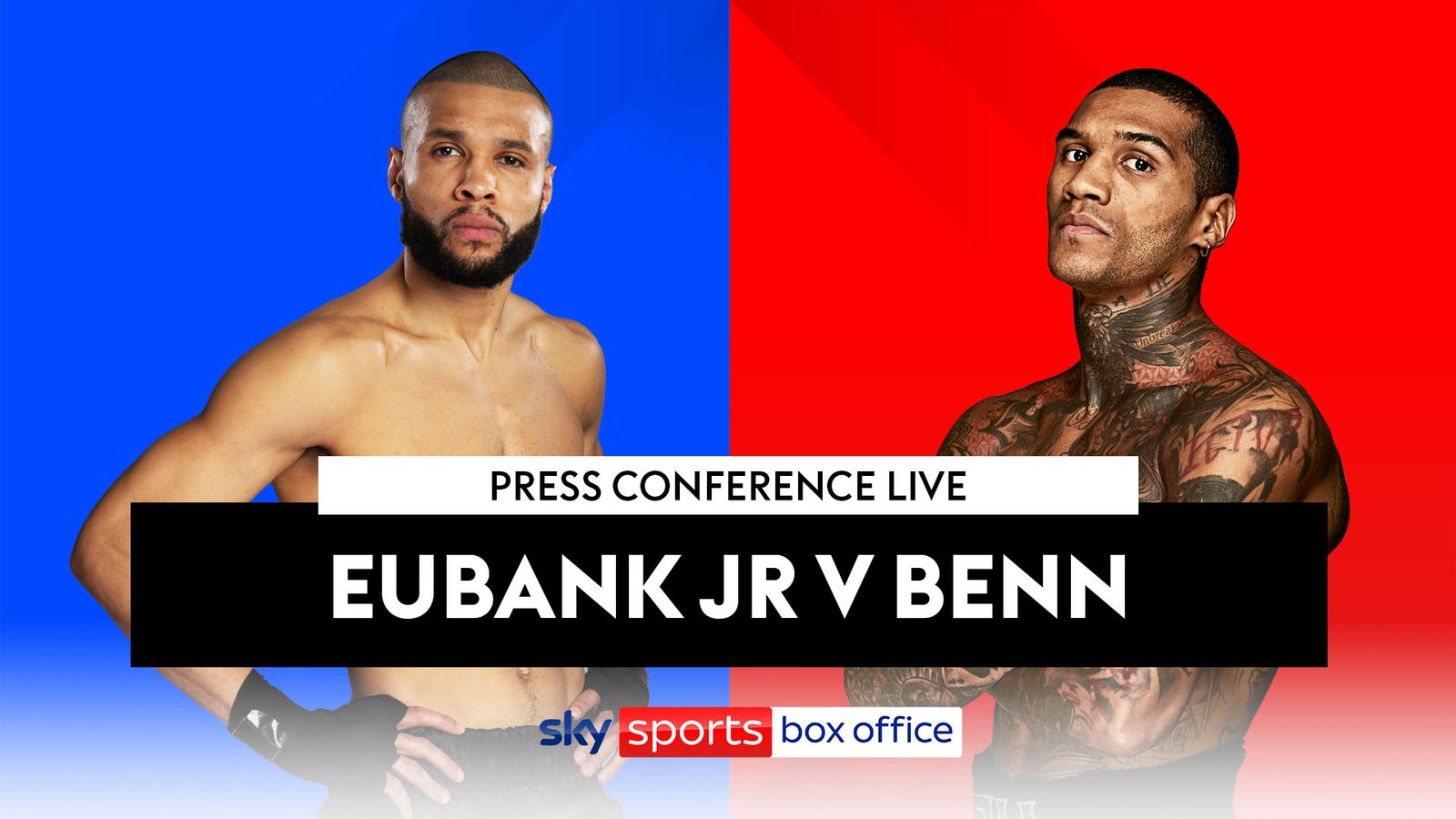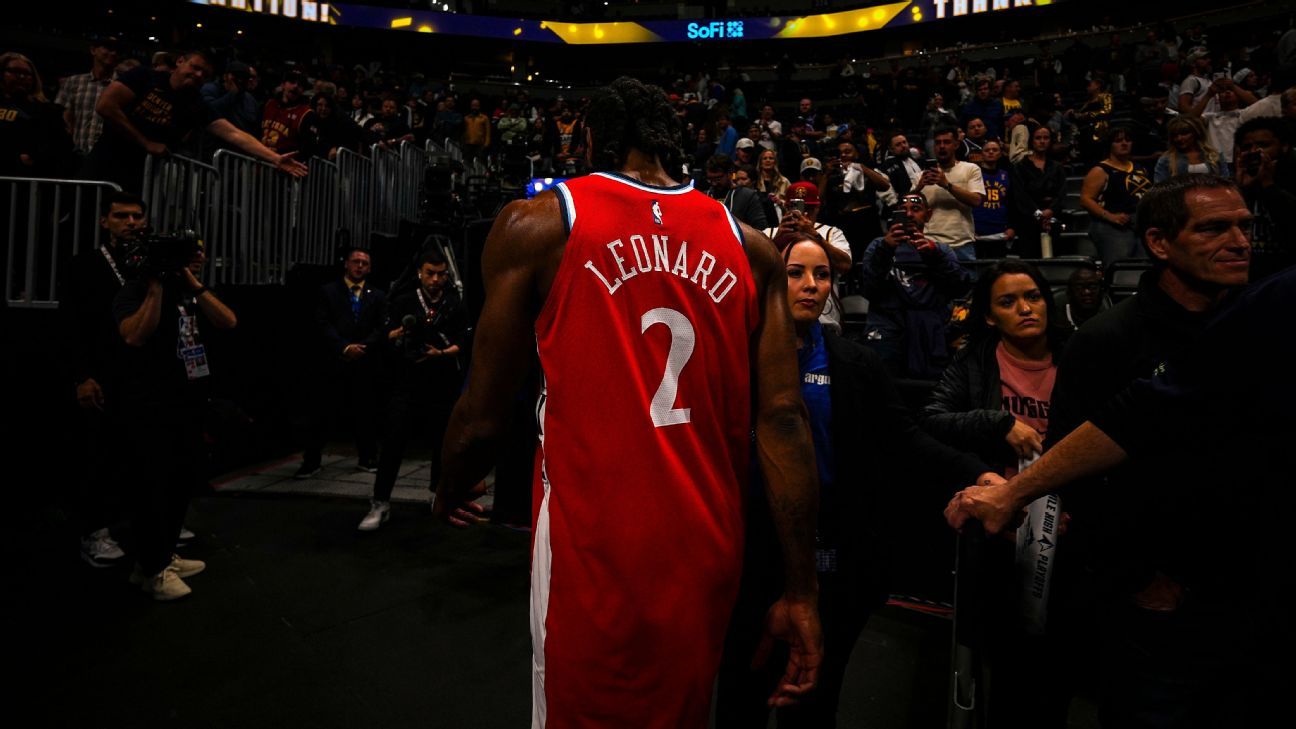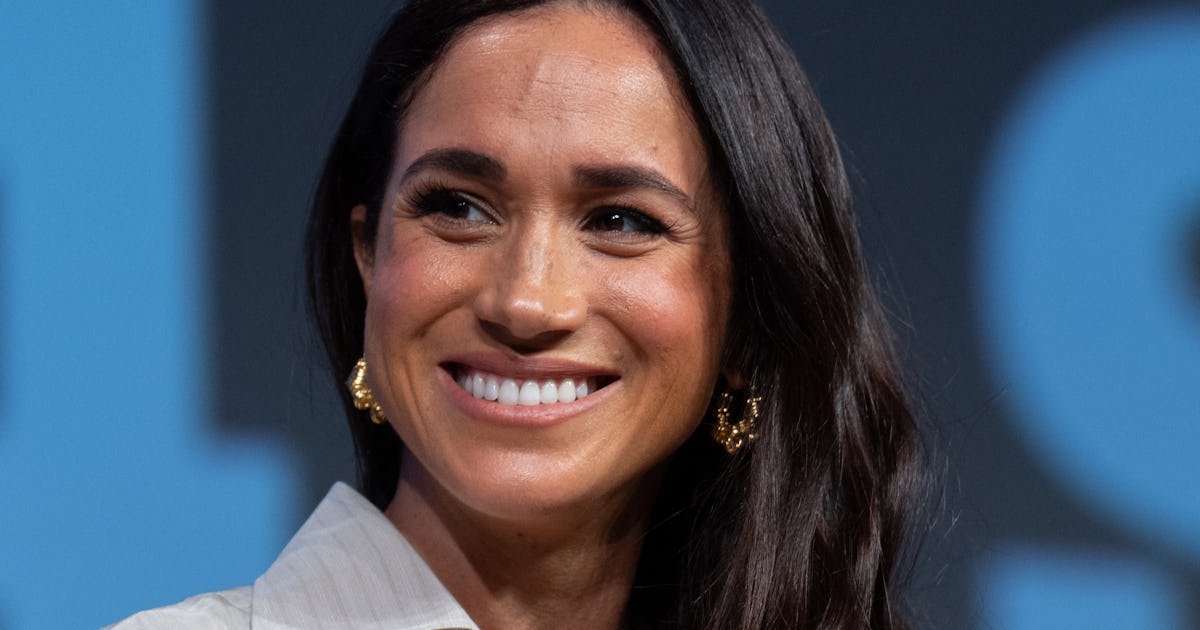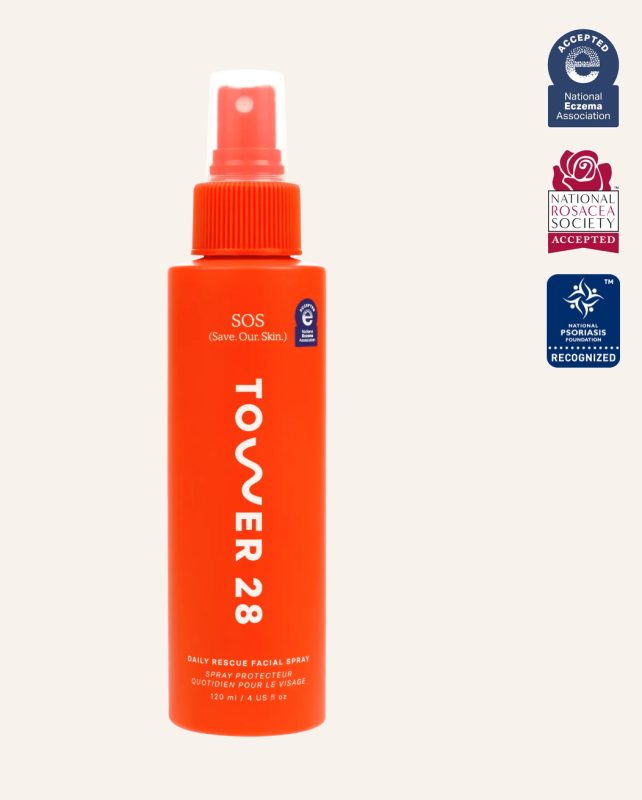
When Amy Liu launched skin-care and makeup brand Tower 28 in 2019, earning the Seal of Acceptance from the National Eczema Association was a non-negotiable. As someone with chronic eczema herself, Liu wanted her community to know they could fully trust the brand’s formulas.
“From the beginning, I wanted Tower 28 to be a brand that people with sensitive skin could trust 100% without any hesitation,” says Liu. “Earning the NEA Seal of Acceptance was important because it meant we were meeting the highest standards for sensitive skin.”
This past February, Tower 28 further cemented its cred for those dealing with sensitive skin: It became the first beauty brand to receive approval from three separate organizations across its entire skin-care collection: the National Eczema Association, National Rosacea Society and National Psoriasis Foundation.
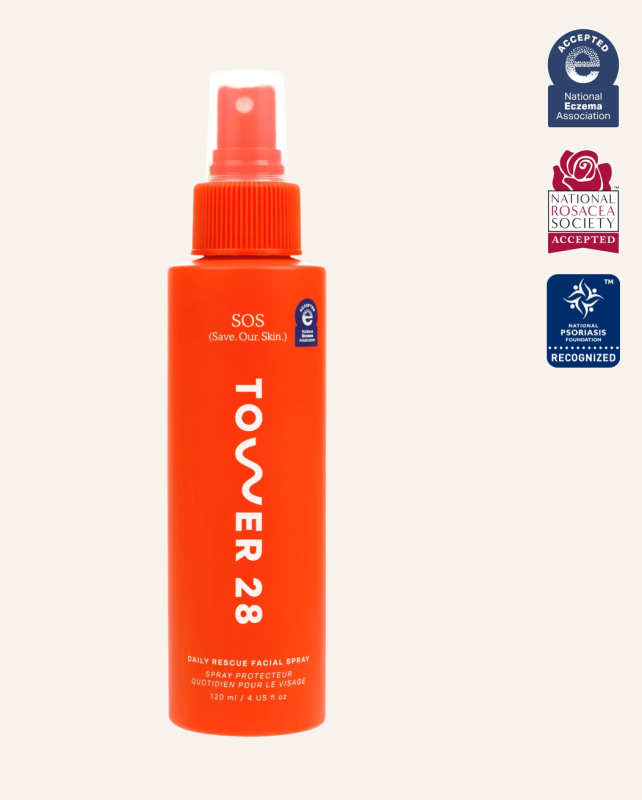
Photo: Courtesy of Tower 28
As consumers get more educated about their products, simply saying that something is “suitable for sensitive skin” or “safe for acne-prone skin” may not be enough. Enter the third-party certification.
Earning these recognitions can be a long — and expensive — process. First and foremost, brands must meet an organization’s standards before officially applying for a seal. And it can cost anywhere from hundreds to tens of thousands of dollars to license and display it on packaging. Because if you receive an organization’s seal and no one knows about it, what’s the point?
Still, for an increasing number of beauty brands, going through the process is now table stakes. A seal can be an instant sign of trust for customers, and not all of them are focused on product formulas.
According to the Arthritis Foundation, 86% of people living with arthritis — and 76% of general consumers — prioritize easy-to-open and user-friendly packaging when purchasing products. Aerin Glazer, the 21-year-old founder behind Tilt Beauty, worked closely with the organization to help Tilt become the first beauty brand to receive the Arthritis Foundation’s Ease of Use® Certification.
“We didn’t just want to say our products were easier to use, we wanted to prove it,” explains Glazer, who lives with psoriatic arthritis herself. She says that partnering with the Arthritis Foundation validates the work the brand is doing around inclusivity in beauty, “and it ensures that our customers — especially those with arthritis and mobility challenges — can trust that our products were designed with them in mind.”
The founder says the foundation’s feedback was invaluable in the development process, especially regarding packaging. “Our Lashscape Mascara, for example, was designed with a shortened wand that reduces strain on the wrist, and our Grip Stick Hydrating Lip Treatment features a cushioned, easy-to-hold exterior and the cap and base fit together easily with magnets.”
Photo: Courtesy of Tilt Beauty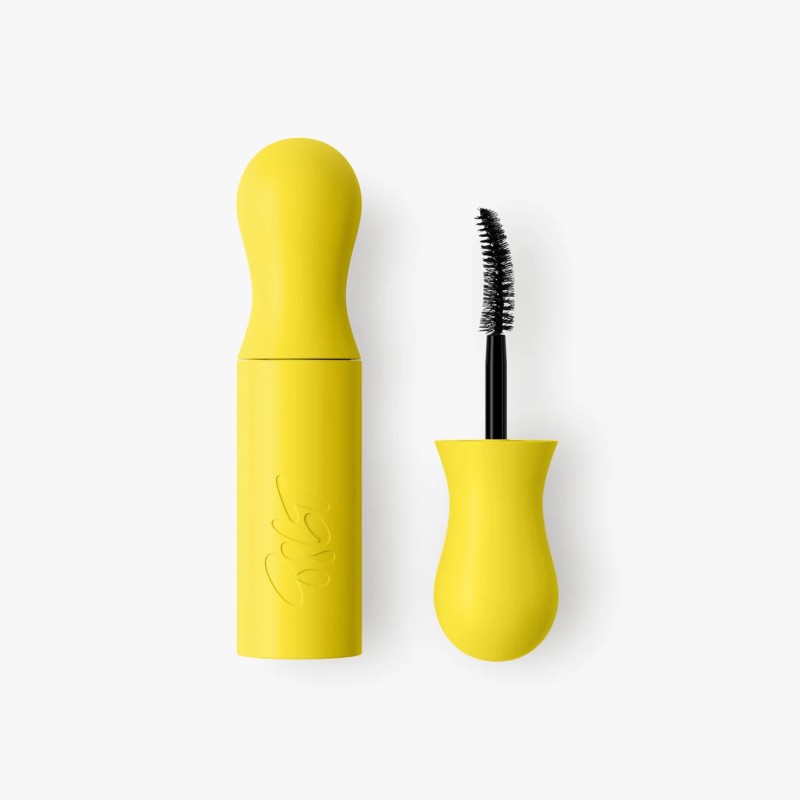
Photo: Courtesy of Tilt Beauty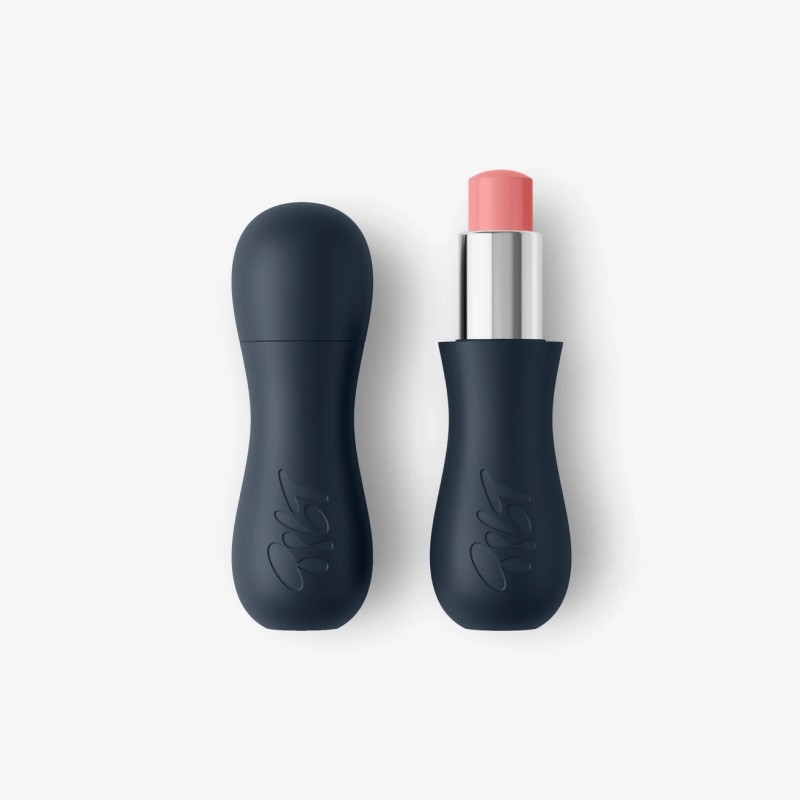
In general, makeup is a more difficult category to formulate around within the guidelines of these organizations due to the types of ingredients used. Another thing that sets Tower 28 apart is the assortment of products that bear the National Eczema Association’s seal, including the SunnyDays SPF 30 Tinted Sunscreen. “While the NEA typically does not grant the seal to color cosmetics, they made a rare exception for SunnyDays,” explains Liu, adding that every product Tower 28 makes “100% adheres to the NEA’s ingredient guidelines.”
The National Eczema Association launched its seal program in 2008 so that those in the eczema community could have guidance when choosing moisturizers. It’s since grown to include hair care, laundry and more. Much of what the recognition hinges on is what the organization calls “The Ecz-clusion List,” of ingredients that cannot be in the formula in any amount.
“For a product to obtain the seal, it must meet the strict standards established by our Scientific Oversight Committee — a panel of leading dermatologists, allergists and eczema experts — and undergo testing for sensitivity, irritation and toxicity, as well as a review of ingredients and formulation data,” explains Wendy Smith Begolka, chief strategy officer at the National Eczema Association.
Of course, each organization has its own list of criteria that brands must meet. With its industry-first trifecta of seals including those from the National Rosacea Society and National Psoriasis Foundation, Tower 28 was able to “demonstrate that our products are not just safe for eczema-prone skin, but also for those dealing with other sensitive skin conditions,” says Liu.
In addition to the Arthritis Foundation, Tilt Beauty also has approval from the National Psoriasis Foundation. “While this certification is especially meaningful for those with psoriatic arthritis, it’s for anyone with sensitive or reactive skin,” says Glazer.
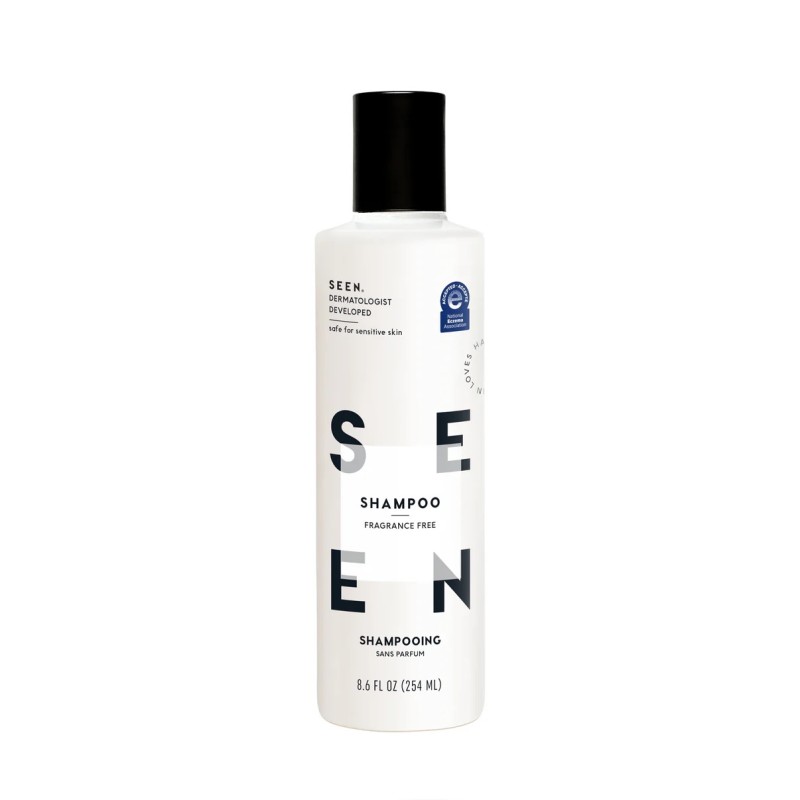
Photo: Courtesy of Seen
Another brand that has multiple certifications to its name is Seen, the dermatologist-founded hair-care brand designed for those with sensitive skin. The entire line has the National Eczema Association Seal of Acceptance, while some products have the National Psoriasis Foundation Seal of Recognition and SkinSAFE Trusted Choice badges.
Seen founder Dr. Iris Rubin says the recognitions have real influence: “As a dermatologist, I know how much these certifications matter and are a real measure of safety and efficacy,” she says. “Patients often struggle to find products that won’t trigger skin reactions, and these seals serve as a guide to help them make informed choices.”
A major additional benefit for consumers, according to Dr. Rubin, is that the certifications show that products have undergone additional safety tests.
“The process involves extensive collaboration, including sharing clinical data, ensuring ingredient transparency and conducting rigorous safety testing,” explains Dr. Rubin. “Each certification requires extensive testing to confirm compliance, making it a true partnership that ensures Seen meets strict efficacy and safety benchmarks.”
Not only do brands have to work extensively to earn these recognitions, but they also have to maintain them. “Each year product manufacturers must validate and attest to the formulation of the product awarded the seal to ensure no changes have occurred,” says Begolka of the National Eczema Association.
The Skin Cancer Foundation is currently raising the standards for both daily-use and active sunscreens in its seal-of-recommendation program, so don’t be surprised if a sunscreen you love has to make changes to maintain its approval. “Some products no longer meet these new standards and are reformulating,” explains Becky Kamowitz, executive director of the Skin Cancer Foundation.
As far as the cost, it depends on the organization, the brand’s revenue and a few other factors. Some have an application fee, but the bigger cost comes from licensing the seal to use on product packaging, which can run upwards of several thousand dollars.
For the National Rosacea Society, “there is a $1,500 application fee, which compensates the panel of three independent and anonymous dermatologists who review each application,” explains President and Executive director Andrew Huff. “Then there is a license fee to use the seal on packaging and marketing materials. The fee is based on annual revenue and ranges from $2,500 to $10,000 per product per year.”
Although there’s technically no cost to apply and receive the Skin Cancer Foundation’s seal, brands must be part of its corporate council to submit for consideration. “There are about 100 companies that we work with, and each year they make a commitment to the Skin Cancer Foundation that starts at about $15,000,” explains Kamowitz. “Then once you are in the corporate council, you have the option of submitting products for the seal of recommendation.”
On the more attainable side is the Leaping Bunny logo, offered to brands and products that are certified cruelty-free. According to the organization’s website, there is no cost to apply. Licensing the logo costs a one-time fee ranging from $500 to $4,500, based on the company’s gross annual sales.
Of note, The National Eczema Association, Skin Cancer Foundation, National Rosacea Society, National Psoriasis Foundation and Arthritis Foundation are all 501(c)(3) nonprofit organizations, while Leaping Bunny is managed by a coalition of nonprofits.
Investing in their seals is worth it for many brands, who have come to see these costs as part of their marketing strategies. Plus, many organizations also have a comprehensive registry of all their approved products on their website, which adds to consumer awareness.
“Interest in the NRS Seal of Acceptance has been very strong, and we are hopeful that it will continue to grow,” says Huff. “Rosacea affects more than 16 million Americans, or about 5% of the population, so the seal represents an opportunity for brands to differentiate themselves from competitors and call out to a significant portion of the marketplace.”
From Liu’s perspective, it’s a positive sign that so many brands are interested in pursuing these recognitions.
“It signals a positive shift in the industry towards more mindful, skin-safe formulations,” says the Tower 28 founder. “The fact that there’s more awareness and demand for these kinds of certifications is incredibly encouraging, and I believe it shows the growing recognition of how important it is to prioritize skin health and sensitivity.”
Please note: Occasionally, we use affiliate links on our site. This in no way affects our editorial decision-making.
Fashionista’s audience includes 1 million site visitors, 110,000 newsletter subscribers and 4.74 million social media followers. Want to know how to reach them? Learn more.
#Beauty #Brands #Investing #ThirdParty #Certifications #Worth



